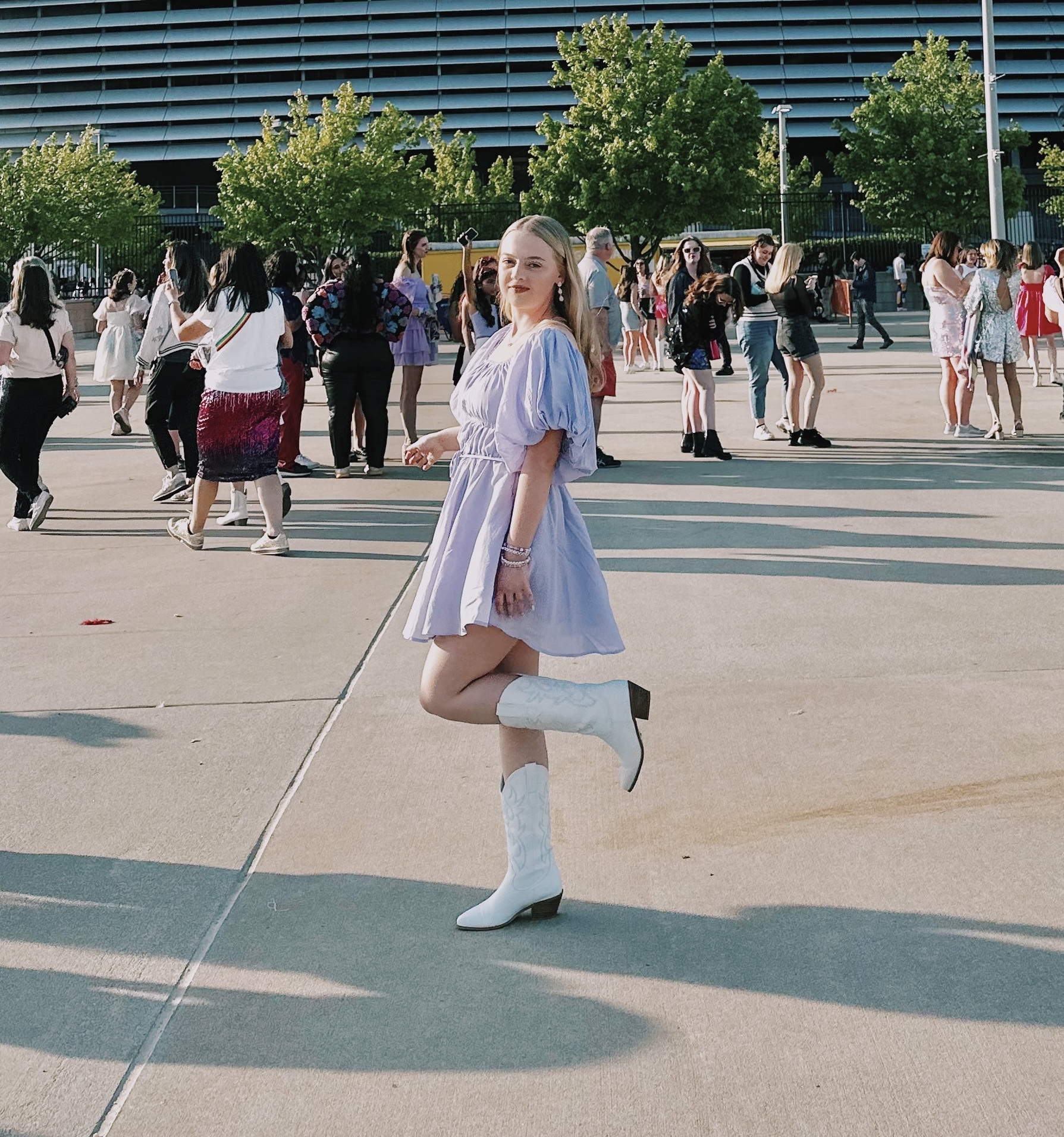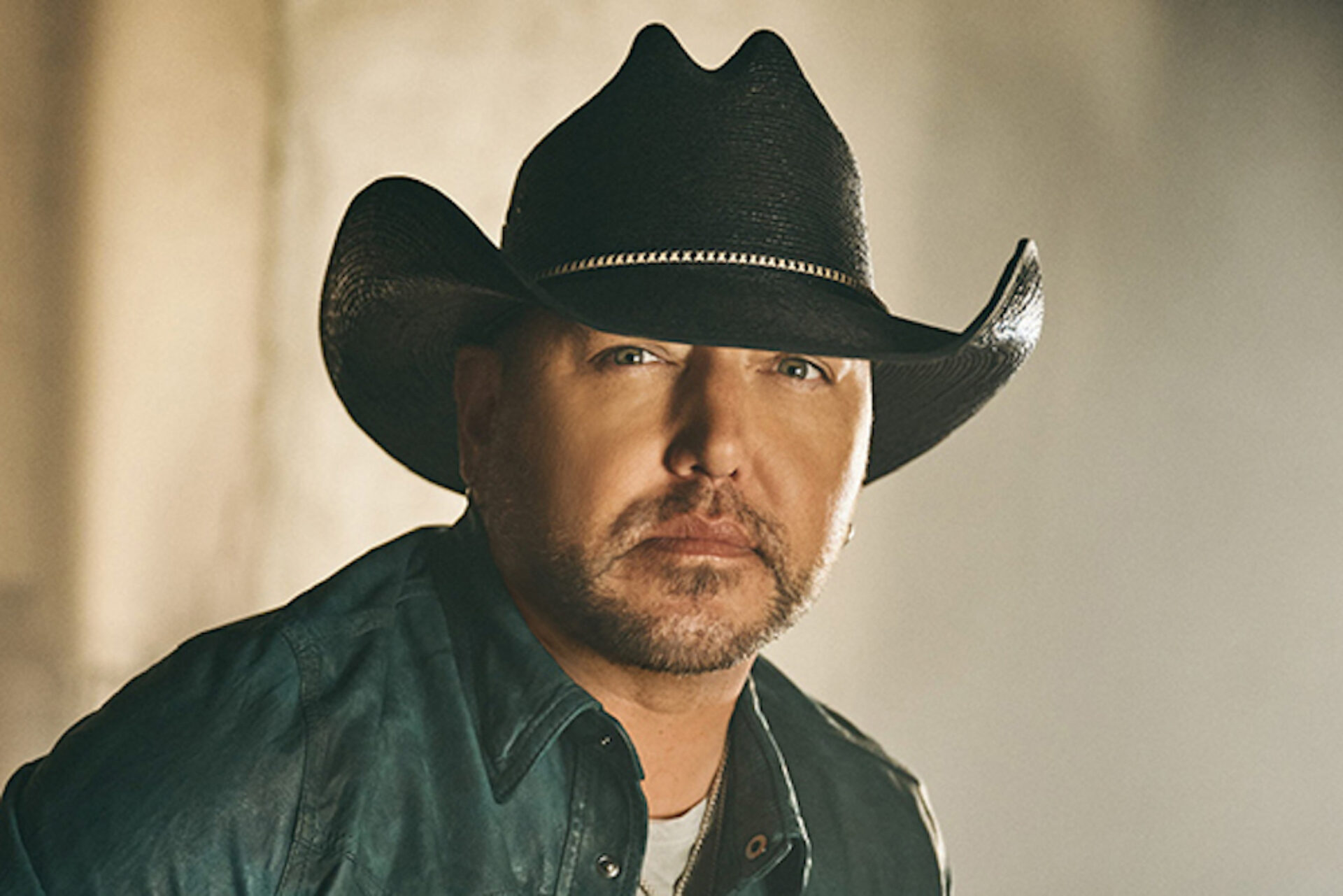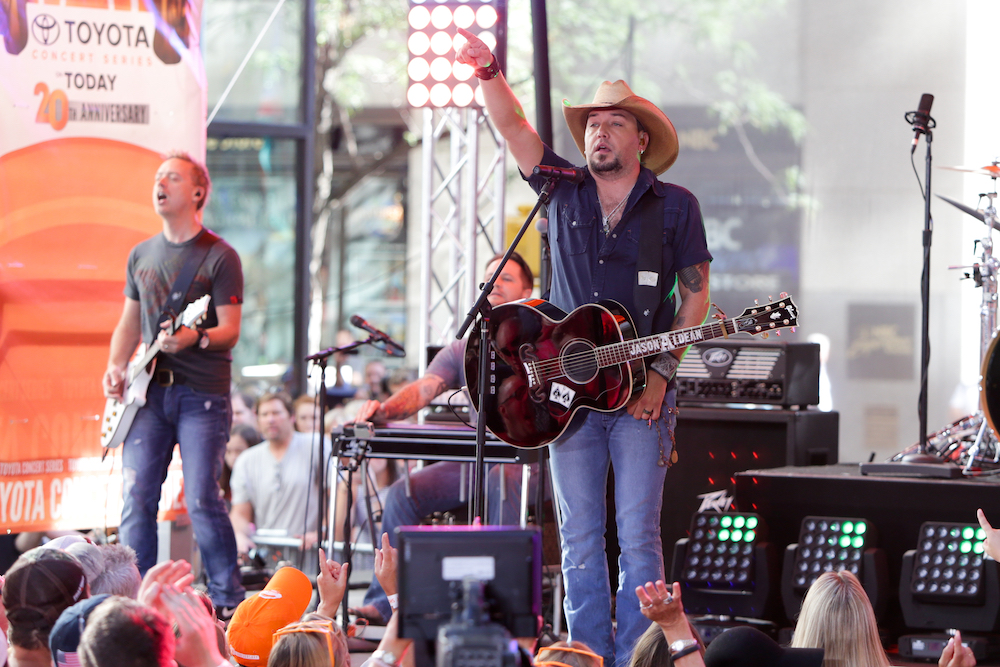Jason Aldean New Song Under Fire With Major Controversy
Country musician Jason Aldean has released a new single, “Try That In A Small Town,” and the backlash it has caused cannot be understated.
Warning: This story discusses topics such as gun violence, racist violence, and lynching.
Variety has named it the “most contemptible country song of the decade,” and Country Music Television has pulled the music video from streaming on their cable channel.
The title, “Try That In A Small Town” sounds like a classic country song about rural life, but the lyrics are nothing short of a dog whistle. The lyrics describe numerous crimes committed in a fictitious small town of Aldean’s creation. The song includes the lyrics, “Cuss out a cop, spit in his face / Stomp on the flag and light it up / Yeah, ya think you’re tough.” Critics have alleged that these lyrics are about protests done in response to police brutality in recent years.
The song also promotes violent acts, critics claim, like Aldean singing, “Got a gun that my granddad gave me […] You cross that line, it won’t take long / For you to find out, I recommend you don’t.”
I will say this much: this song absolutely captures everything about the American Right, from the paranoid threats of violence, to the irrational fetishization of communities where everyone acts and thinks the same, to the fact that the singer in fact grew up in a city. https://t.co/8NER303iGm
— Matthew Chapman (@fawfulfan) July 18, 2023
It is also relevant, that despite Aldean’s song and subsequent defense of the song’s message, Aldean grew up in Macon, Georgia, which has a population of 157,346 as of 2020. Fellow country singer Sheryl Crow responded to the song, tweeting, “There’s nothing small-town or American about promoting violence.”
.@Jason_Aldean I’m from a small town. Even people in small towns are sick of violence.There’s nothing small-town or American about promoting violence. You should know that better than anyone having survived a mass shooting.
— Sheryl Crow (@SherylCrow) July 19, 2023
This is not American or small town-like. It’s just lame https://t.co/cuOtUO9xjr
Jason Aldean is a survivor of the Las Vegas mass shooting in 2017, where he performed for the Route 91 Harvest music festival. The mass shooting is currently the deadliest by a single gunman in all of American history. When the shooting began, Aldean was performing his last song of the night.
Aldean is a victim of America’s horrific gun violence, so it is ironic, to say the least, that he would release and defend a song like this. Rolling Stone Magazine stated in their article on the topic, “You also have this veiled threat […] The song is part of the current rhetoric of the moment. The ‘us versus them, Make America Great Again’ idea.”
If the lyrics weren’t abhorrent enough, the music video has been criticized for its heinous filming location. It was filmed in front of Maury County Courthouse in Columbia, Tennessee, a location of racial violence and terror. In 1927, 18-year-old Henry Choate was lynched by a white mob after a white woman alerted police that she was assaulted by black man.
There was no evidence to arrest Choate, but he was arrested and killed after a mob stormed the jail and forced the sheriff’s wife to release him. The mob beat Choate with hammers, killing him, and dragged his body from the back of a car to the courthouse. There, the mob strung his body. The Maury County Courthouse was also the location of a race riot in 1946, where 2 black men were murdered.
Jason Aldean shot this at the site where a white lynch mob strung Henry Choate up at the Maury County Courthouse in Columbia, Tenn., after dragging his body through the streets with a car in 1927.
— Ashton Pittman (@ashtonpittman) July 17, 2023
That's where Aldean chose to sing about murdering people who don't respect police. https://t.co/gBL7FlaBS2 pic.twitter.com/eGfmMc8HAI
In an interview with CNN, Justin Jones, a Tennessee State Representative commented on the video, “As a Tennessee lawmaker, as a youngest black lawmaker in our state, I felt like we had an obligation and a duty to condemn this heinous vile racist song that is really about harkening back to days past.” Jones does not believe the filming location for Aldean’s video was “an accident,” and instead, a purposeful decision.
After the criticism from lawmakers and country music fans alike, CMT (Country Music Television) pulled the video from playing on their cable channel. They did not give a reason why.
Aldean tweeted a response to some of the allegations, claiming, “There is not a single lyric in the song that references race or points to it- and there isn’t a single video clip that isn’t real news footage -and while I can try and respect others to have their own interpretation of a song with music- this one goes too far.” He stated that the song is not in any way “pro-lynching” or a response to BLM protests.
Though the song may not have been a purposeful racial dog whistle, the references it makes to the “dangers” of urban life versus rural life cannot be ignored. It is also relevant that many right-wing political commentators and politicians are not only defending the song for its white, American nationalism, but some believe the video location was a direct reference to the dangers of BLM protesters and their “violation of the law.”
This song is not a representation of America, small towns, rural life, or country music. There is much to celebrate about the beauty and community of small-town America, but not like this.







